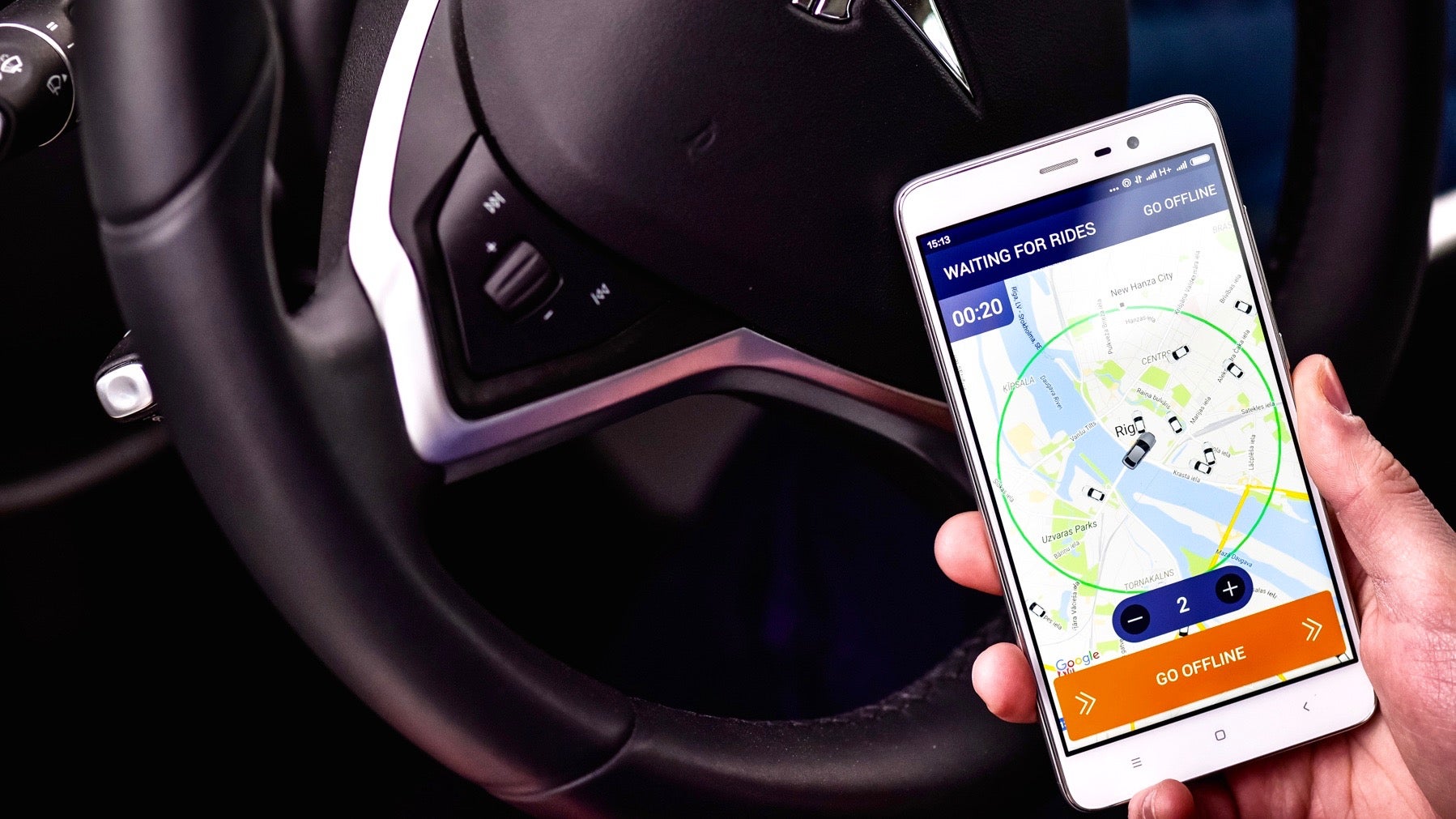The same company that pushed Uber out of China is now backing its rival in Europe and Africa
The Chinese ride-hailing app Didi Chuxing announced a partnership with Uber’s rival Taxify on Aug. 1.


The Chinese ride-hailing app Didi Chuxing announced a partnership with Uber’s rival Taxify on Aug. 1.
Taxify plans to use the cash injection from Didi to expand its markets in Europe and Africa, according to a statement.
Didi now owns a small stake in the Estonian ride-hailing service, but spokesman Pavel Karagjaur would not say how much the Chinese company paid or how big their stake is. Taxify’s cofounders Martin and Markus Villig and Oliver Leisalu remain the majority owners, said Karagjaur.
“We now have more funds and we have a really good technological partnership,” he told Quartz. “[And] learn from basically the biggest ride-hailing company.”
The Estonian ride-hailing service already defines itself as the fastest growing transport app in Europe, with 2.5 million customers in 18 countries, mostly in eastern Europe and the Baltic States as well as Africa. Didi’s contribution will be on the back-end of Taxify, allowing them to monitor when and where their drivers are most profitable.
Taxify launched in South Africa in April last year, and is taking advantage of Uber’s driver woes as it expanded from Cape Town to Durban and Johannesburg. The company now has a presence in Cairo, Nairobi and Lagos, where its arrival shook up the market last year. And it’s been able to do that with a €2 million venture capital investment, compared to Uber’s $15 billion raised in equity and debt in 2016.
Partnering with the much smaller Taxify will help to drive Didi’s global ambitions. Didi is already the world’s largest mobile transportation app servicing 400 Chinese cities and seems determined to carve a path on every continent. The company successfully pushed Uber out of China when it absorbed the San Francisco-based company’s Chinese division exactly a year ago. That deal created a single, dominant ride-hailing company valued at $35 billion and in exchange, Didi pledged to invest $1 billion in Uber.